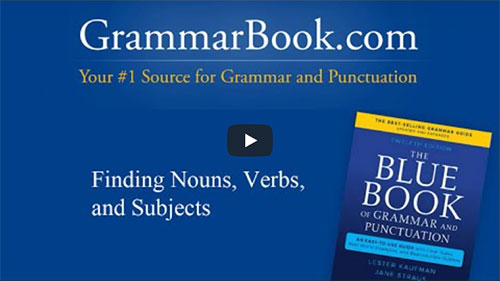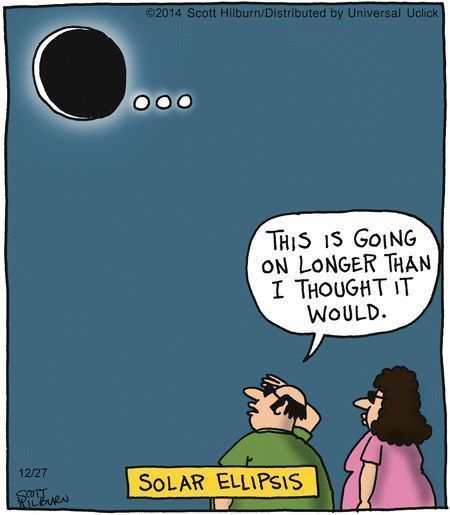|
Expressing ourselves with words is as much nuanced art as it is refined precision and clarity. One can wield superior knowledge of grammar and verbal construction but not always reach readers with compelling rhythm and voice. The same can be said about our arrangements of words when we speak.
Consider the following statements:
We are not satisfied. We won't be until justice represents a fierce waterfall. We will be more content when righteousness makes us think of a stream that is mighty.
When circumstances become difficult, determined people start taking action.
Similar to a river or highway traffic, and kind of like Santa Fe trains, unusual drama passed through but didn't stop there. |
These sentences pass grammatical scrutiny. At the same time, we also might agree that they don't have qualities that would make us remember them for generations.
Let's look at the same thoughts as expressed by their originators:
We are not satisfied, and we will not be satisfied until justice rolls down like waters and righteousness like a mighty stream. Martin Luther King, Jr.
When the going gets tough, the tough get going. John F. Kennedy
Like the waters of the river, like the motorists on the highway, and like the yellow trains streaking down the Santa Fe tracks, drama, in the shape of exceptional happenings, had never stopped there. Truman Capote (In Cold Blood) |
These versions state the same ideas but with more-distinctive resonance, rhythm, and style. We remember and return to them because they achieve emphasis through a distinctively personal form. They are examples of balanced sentences.
What Are Balanced Sentences?
A balanced sentence applies similar structures in equal lengths and proportions. Many balanced sentences will use two segments of similar meaning and weight:
The bigger they are, the harder they fall.
Ask not what your country can do for you, but what you can do for your country.
It was the best of times, it was the worst of times. |
Balanced sentences appeal to the mind's liking of organized constructions. Audiences have always been drawn to thoughts and ideas conveyed in this way because they intrigue our understanding while also being clear.
Some balanced sentences can enhance statements of contrast and comparison:
| What is true about losing weight is not magic, and what is magic about losing weight is not true. |
This type of balanced sentence is also referred to as antithesis, which features two contrasting ideas in a statement. They are opposite each other yet equal in structure, importance, and meaning.
Examples
Potato chips: Can't live with 'em, can't live without 'em.
He cannot speak to her, but he also cannot ignore her.
These shoes look great at night, but not so good in the daylight. |
Balanced statements can often be seen in advertising slogans as well:
Sometimes you feel like a nut; sometimes you don't. (Mounds and Almond Joy)
Grab a bucket of chicken, have a barrel of fun. (Kentucky Fried Chicken)
Maybe she's born with it. Maybe it's Maybelline. (Maybelline) |
More Balanced-Sentence Examples
Sentences further can be balanced simply by consistency of components, such as nouns, adjectives, phrases, or clauses. Another term for this is parallelism.
Examples
The teammates we select should be committed, hardworking, and eager. (all adjectives = parallel = balanced)
We went to the market to buy tomatoes, peppers, and onions. (all nouns = parallel = balanced)
The astronauts landed on the moon, snapped a few pictures, and planted a national flag. (all verb phrases = parallel = balanced) |
You may notice that balanced sentences do not always follow standard rules of punctuation: e.g., Grab a bucket of chicken, have a barrel of fun (a run-on sentence). When they do apply established guidelines, balanced sentences will often separate from each other with a period, a semicolon, or a comma with a coordinating conjunction.
We also will want to avoid using too many balanced-sentence structures at the risk of sounding awkward or trite. As with many things that can prove to be timeless, a little bit really can go a long way.
Related Topic
Elliptical Sentence Constructions
Run-On Sentences
Becoming Savvy with Sentence Structures: Part One
|





